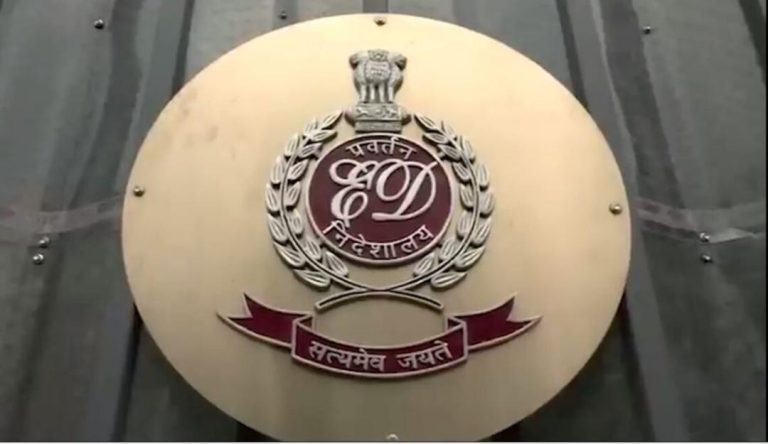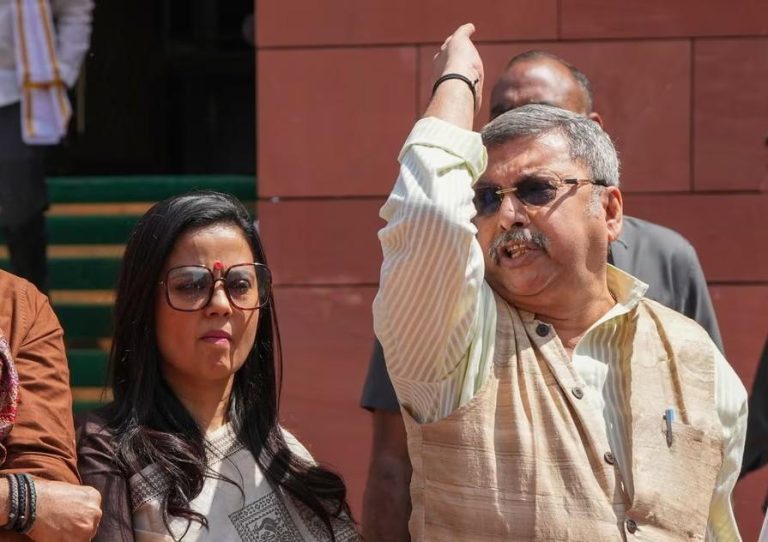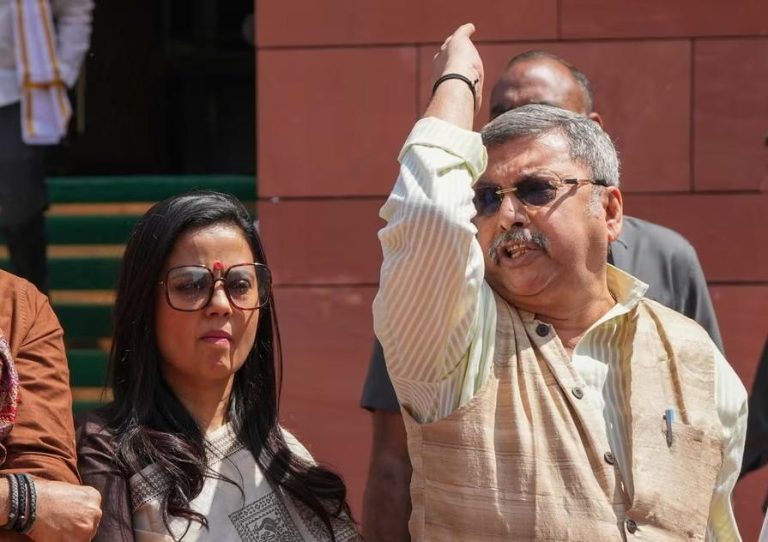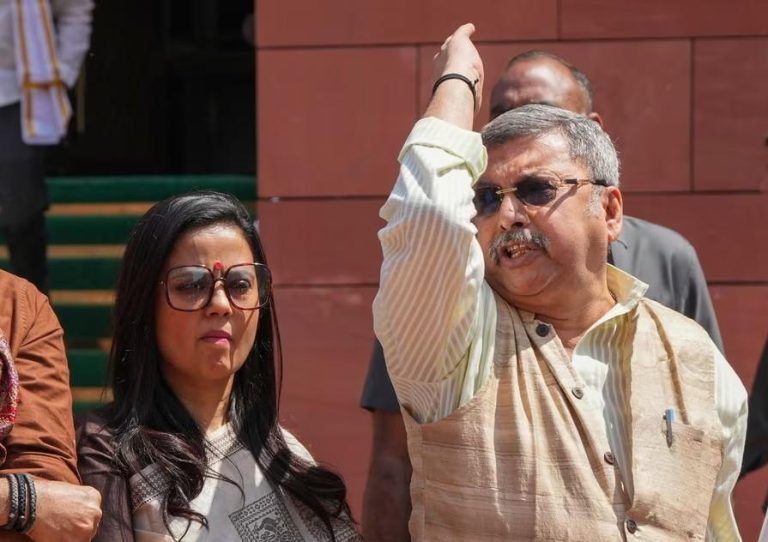
Indian National Jailed for 4 Years in Sri Lanka for Match-Fixing
Cricket, a sport loved by millions across the globe, has always been plagued by the menace of match-fixing. The latest instance of this heinous crime has come to light in Sri Lanka, where an Indian national, Yogi Patel, has been sentenced to four years in prison for his involvement in match-fixing in the 2024 Legends League T20 tournament. This news has sent shockwaves across the cricketing fraternity, leaving fans and officials alike reeling in dismay.
According to reports, Yogi Patel was found guilty of proposing to fix matches in the prestigious tournament, which was played in Sri Lanka last year. The 42-year-old was sentenced to four years’ hard labor by a Sri Lankan court, in addition to a fine of Sri Lankan Rupees 85 million (approximately USD 450,000).
Patel’s troubles didn’t end there. He was also ordered to pay a compensation of Sri Lankan Rupees 2 million (approximately USD 10,000) to Upul Tharanga, the chairman of Sri Lanka’s selectors, for defamation. This sum is a small price to pay for the damage Patel’s actions have caused to the reputation of the game and its players.
The Sri Lankan court’s verdict is a significant blow to Patel, who had been accused of attempting to bribe several players to influence the outcome of matches. The investigation, which was carried out by the Sri Lankan police’s Financial Crimes Investigation Division (FCID), revealed that Patel had made several attempts to contact players and officials, offering them large sums of money to fix matches.
The FCID’s probe was triggered after several players and officials came forward with allegations of match-fixing. The investigation was exhaustive, with officials conducting numerous interviews and analyzing evidence to build a strong case against Patel.
The Sri Lankan cricket board, which had been monitoring the situation closely, welcomed the court’s verdict. In a statement, the board said that it was committed to maintaining the integrity of the game and would continue to work with the authorities to eradicate match-fixing from the sport.
The Indian government, too, has taken note of the situation. According to reports, Indian authorities have been in touch with their Sri Lankan counterparts to seek details of the case and to ensure that Patel is brought back to India to serve his sentence.
This incident is a stark reminder of the need for strict vigilance in cricket to prevent match-fixing. The sport has witnessed several high-profile cases of match-fixing over the years, with some of the most prominent instances involving top players and officials.
In recent years, the International Cricket Council (ICC) has taken several steps to combat match-fixing, including the introduction of robust anti-corruption measures. The ICC’s anti-corruption unit works closely with national cricket boards and law enforcement agencies to identify and prosecute those involved in match-fixing.
The Sri Lankan court’s verdict against Yogi Patel is a significant step forward in the fight against match-fixing. It sends a strong message to those who would seek to compromise the integrity of the game: that match-fixing will not be tolerated, and those found guilty will face the full force of the law.
As the cricketing world continues to grapple with the menace of match-fixing, it is clear that the journey to eradicate this scourge will be a long and difficult one. However, with the cooperation of players, officials, and authorities, it is possible to create a cleaner, more transparent game that fans can trust and enjoy.






